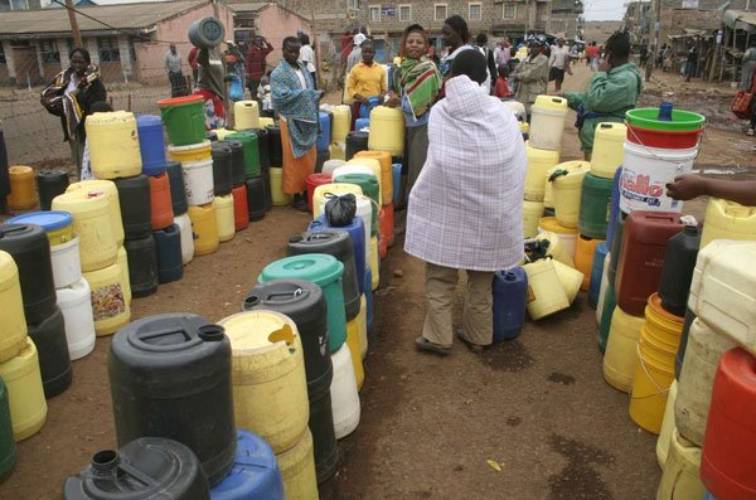×
The Standard e-Paper
Smart Minds Choose Us

Some parts of Nairobi city will continue experiencing water shortage after 600 metres of the main pipeline that supplies water from Sasumua dam to Nairobi was damaged last night.
According to the Nairobi city water and sewerage company limited, a massive landslide occurred at Kieni Forest within the Aberdare Forest causing the unprecedented damage.